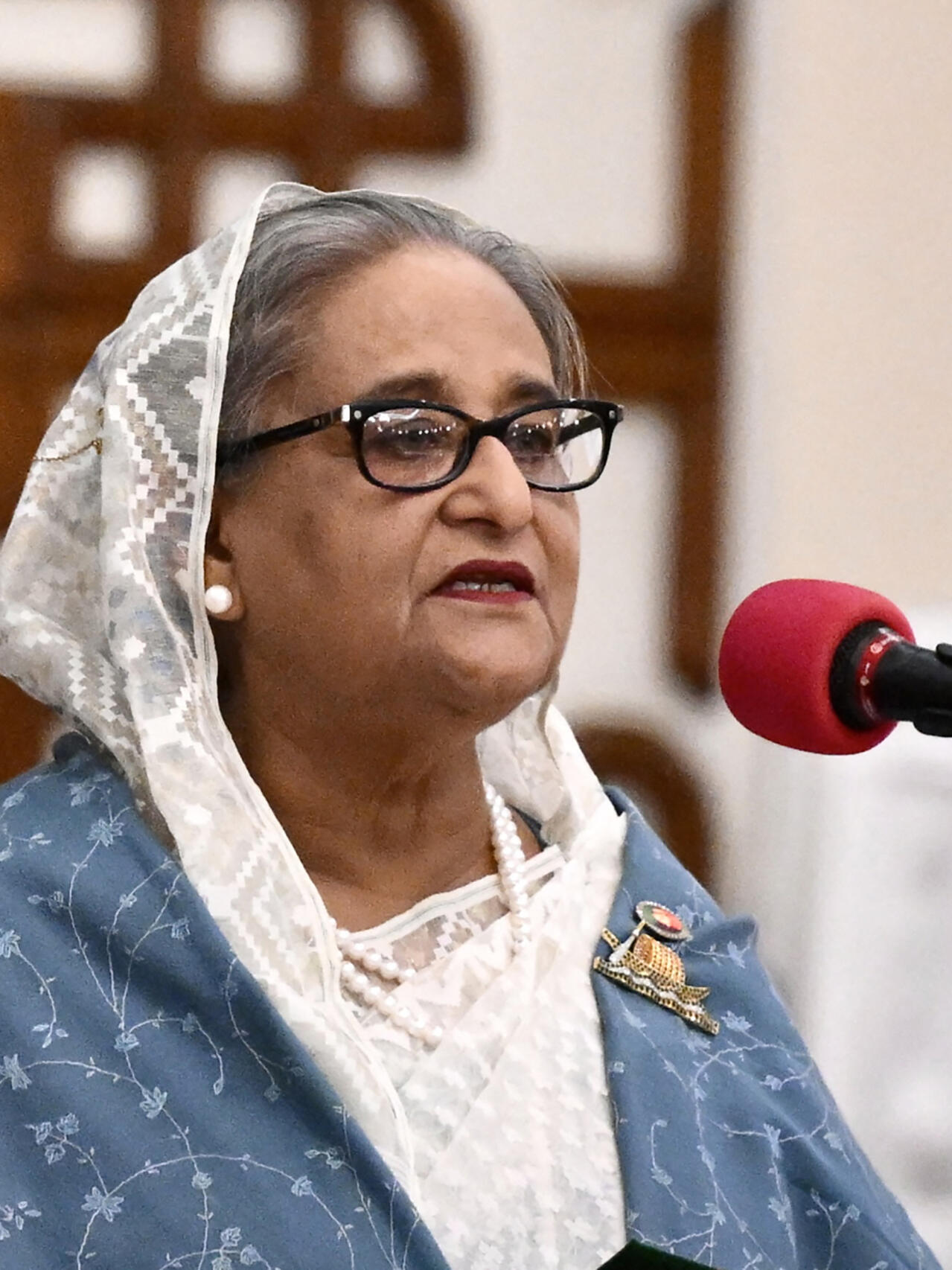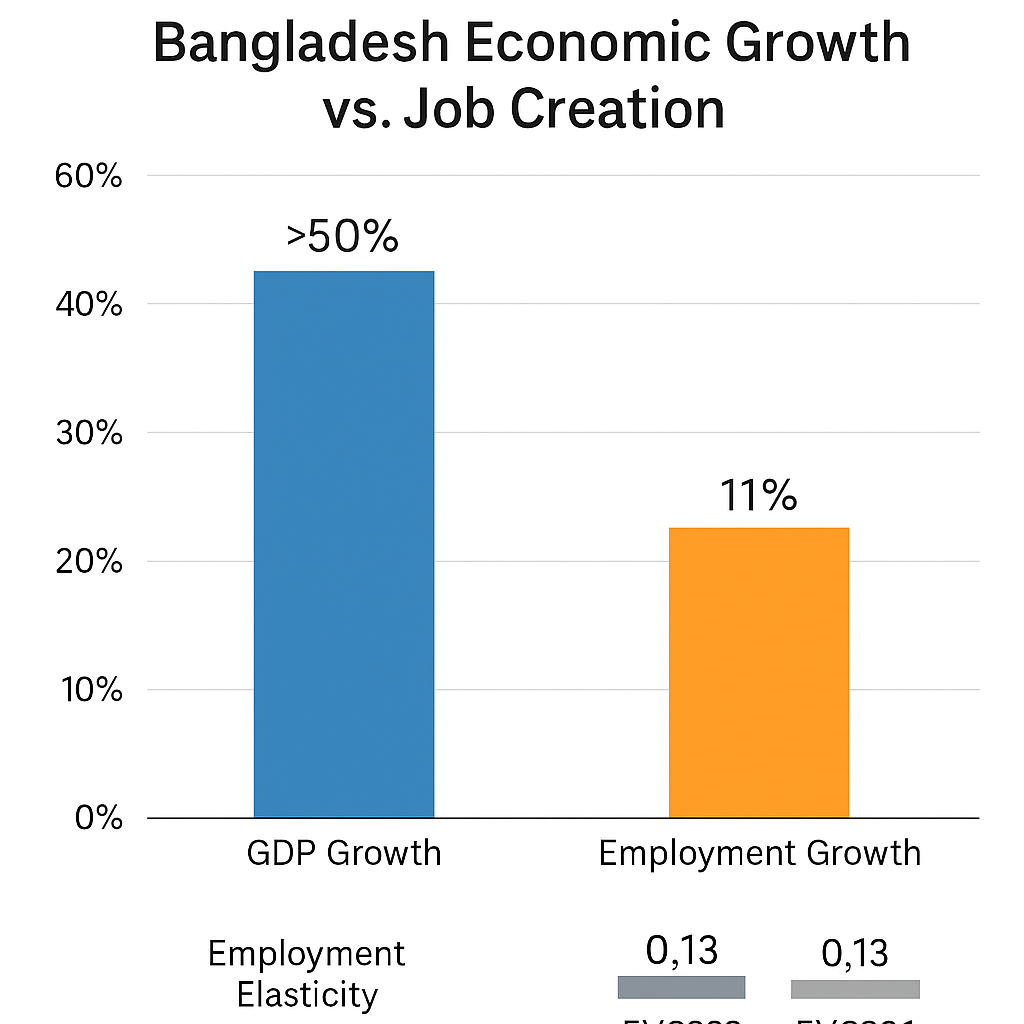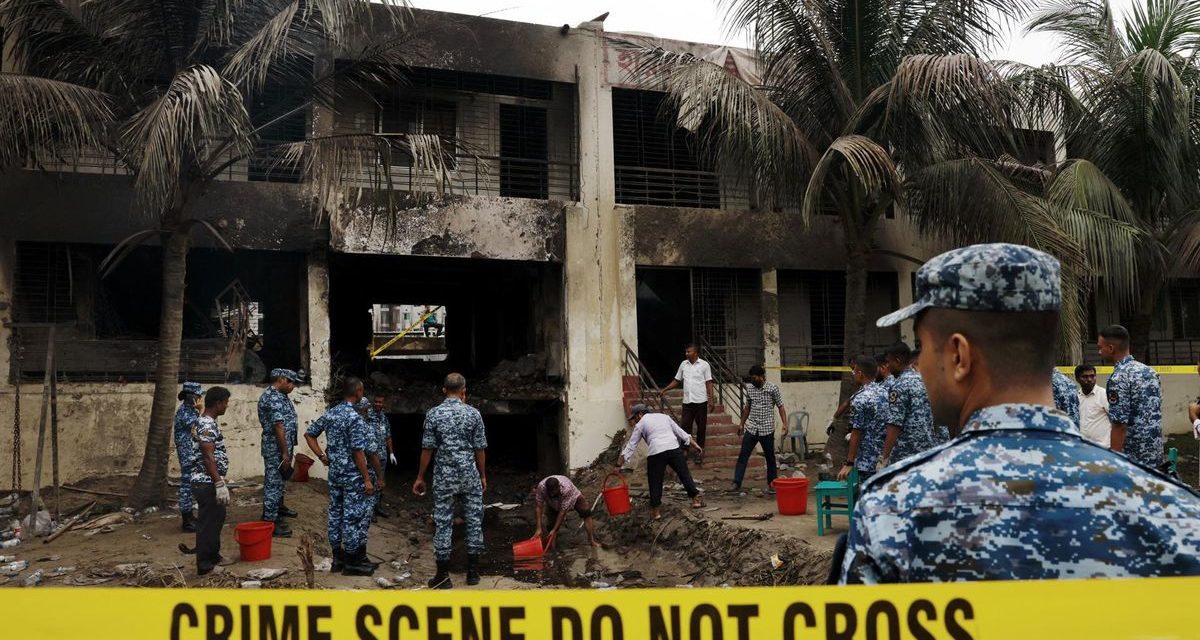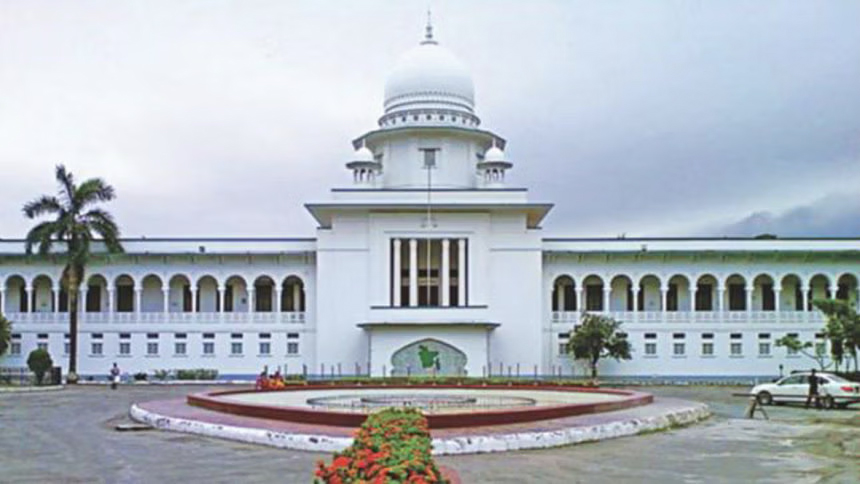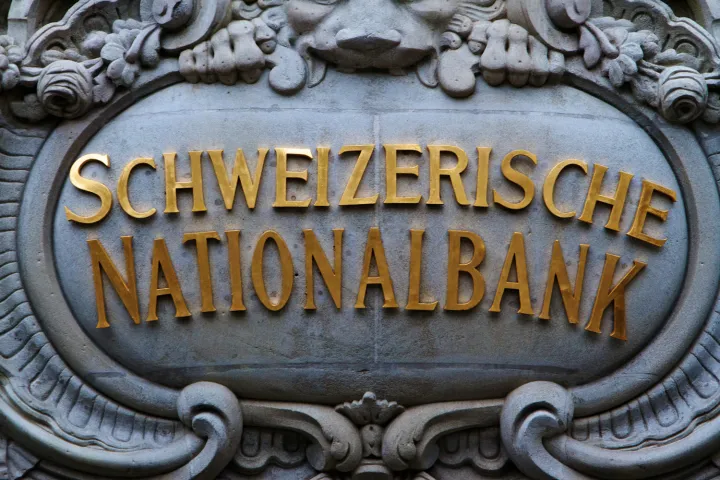
Sudden rise in Swiss accounts raises questions about financial transparency and capital flight
In a surprising turn of events, deposits by Bangladeshi individuals and entities in Swiss banks have surged 33 times within just a year, according to the latest report published by the Swiss National Bank (SNB). The total amount held by Bangladeshis in Swiss banks reached 58.95 million Swiss francs (CHF) in 2024, a steep climb from 1.77 million CHF recorded in 2023.
When converted, the current deposits amount to approximately 8,784 crore Bangladeshi taka, or around 800 million USD, based on recent exchange rates. The data has stirred discussions among economists, policymakers, and the general public regarding the transparency of cross-border financial movements and the state of economic governance in Bangladesh.
A Shocking Increase
This dramatic increase, based on SNB’s official report released last week, shows that while Bangladeshi deposits had been declining in recent years, 2024 marked a dramatic reversal. The deposit amount had been at its lowest point in 2023, and before that, the highest level was recorded in 2021, when Bangladeshi deposits stood at CHF 87 million. The current spike suggests not only renewed interest in Swiss banking channels but also raises concerns about potential capital flight and money laundering.
Experts believe this growth cannot be dismissed as a mere statistical anomaly. Given Switzerland’s reputation for banking secrecy—despite recent reforms—it remains a sought-after destination for wealth storage by elites across the world, including from developing nations.
Multiple Explanations, Legal and Otherwise
There are several possible explanations behind this exponential increase in Swiss deposits. According to economists and financial analysts, not all of the money may be of illegal origin.
Dr. Debapriya Bhattacharya, a distinguished fellow at the Centre for Policy Dialogue (CPD), suggests three possible factors:
-
Accounting and Reporting Adjustments – Changes in Swiss National Bank’s methodology could reflect previously unreported or underreported funds.
-
Third-Party Transfers – Funds may have been transferred from other countries into Swiss banks through intermediary nations.
-
Policy Contradictions – The sharp rise calls into question the Bangladeshi government’s claim of cracking down on money laundering and illicit fund transfers.
“Such a sudden spike doesn’t align with the government’s stated success in curbing financial irregularities. It warrants further scrutiny,” Bhattacharya noted.
Professor Moinul Islam, an economist and former chairman of the University Grants Commission, added a more cautious perspective:
“Switzerland is no longer the safe haven it once was for illicit money. Their banks now cooperate with international regulators and have tighter compliance rules. So this rise might not indicate rampant money laundering but could still reflect nervous capital reacting to local uncertainties.”
Political Context and Capital Flight Concerns
The timing of this surge is especially significant. Bangladesh underwent a tense and controversial national election cycle in early 2024, which led to a change in political leadership. Many observers speculate that individuals with vested interests may have relocated their wealth abroad amidst uncertainty and fears of financial scrutiny.
Capital flight is a recurring concern in Bangladesh’s economic narrative. Past investigations have revealed instances of large-scale money laundering via trade misinvoicing, over-invoicing in import bills, and underreporting of export revenues. Despite several promises by successive governments to repatriate illicit funds, little success has been achieved in practice.
A Broader Regional Trend?
Bangladesh is not alone in experiencing a rise in Swiss bank deposits. Indian nationals also increased their holdings in Swiss banks significantly—from CHF 103 million in 2023 to CHF 350 million in 2024. This indicates that affluent individuals across South Asia may be moving funds abroad due to perceived instability, weak enforcement, or for tax planning reasons.
However, it is important to note that Switzerland is no longer the anonymous banking hub it used to be. In 2018, the country agreed to the Automatic Exchange of Information (AEOI) with over 100 countries, including India, but not Bangladesh. This limits Bangladesh’s ability to track its citizens’ overseas accounts unless separate agreements are signed.
Legal or Illegal — Still a Worry
While there is no immediate evidence linking the current deposits to money laundering or criminal activity, the sudden spike raises questions. The lack of transparency and regulatory oversight remains a significant concern for anti-corruption advocates.
Bangladesh Bank, the central bank, has yet to issue an official statement regarding the SNB report. The Anti-Corruption Commission (ACC) has also remained silent, prompting criticism from civil society and transparency organizations.
Transparency International Bangladesh (TIB) has called for a full investigation into the matter, urging the government to take the SNB data seriously. “Whether legal or illegal, this level of wealth accumulation abroad is alarming. The government must demand details and take corrective action,” said TIB’s Executive Director in a press release.
Conclusion
The 33-fold increase in Swiss bank deposits by Bangladeshis is more than just a financial statistic—it reflects deeper issues related to governance, regulatory weakness, and trust in domestic systems. While some of the money may be legally held by expatriates or multinational entities, the scale and suddenness of the jump cannot be overlooked.
As public concern grows, it remains to be seen whether Bangladeshi authorities will take this opportunity to investigate the root causes and build stronger frameworks to monitor and prevent the outflow of national wealth.


